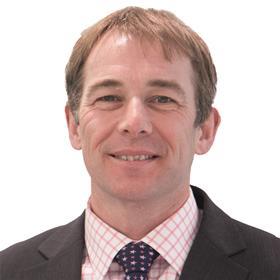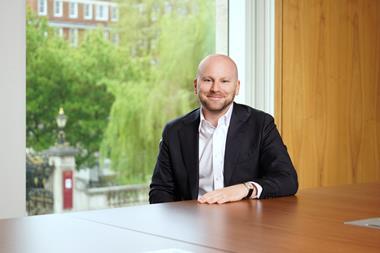The Compulsory Purchase Association (CPA) represents more than 800 individuals and businesses involved in the process across the UK and has been keeping an eye on the potential implications of the proposed changes to so-called ‘hope value’ in the Levelling-up and Regeneration Bill (LURB), which is set to receive royal assent later this year.

The bill will see the concept of hope value removed in certain compulsory purchase order (CPO) cases in an attempt to extract value, which would be used to subsidise the scheme being promoted.
Equivalence and market value have been a cornerstone of compulsory purchase compensation, providing land and property owners who are the subject of a CPO the opportunity to be compensated for the value of their land if sold on the open market.
The changes boil down to a couple of points. The first concerns fairness and whether it is right for someone who has their property compulsorily purchased not to recover the money they may have spent acquiring the site nor get the value they could achieve if selling on the open market without a CPO. The second point is whether the provisions will achieve the aim of bringing more development through and sooner.
The CPA’s view is that it will lead to more objections, more time at inquiry and greater uncertainty as to compensation – all of which will ensure development is delayed. However, there is also a pragmatic view that the LURB is going to be enacted and so we must deal with the consequences.
It is worth noting that the Labour Party is proposing further, far-reaching changes to compulsory purchase compensation, removing hope value from compensation in all circumstances. With a general election due next year, we will seek to engage with politicians on the implications of these proposals.
It is vitally important for the country and the economy that the process works fairly and as speedily as possible, because CPOs are a driving force for key, strategic developments and our members are at the heart of that.
Henry Church is chair of the Compulsory Purchase Association




























No comments yet